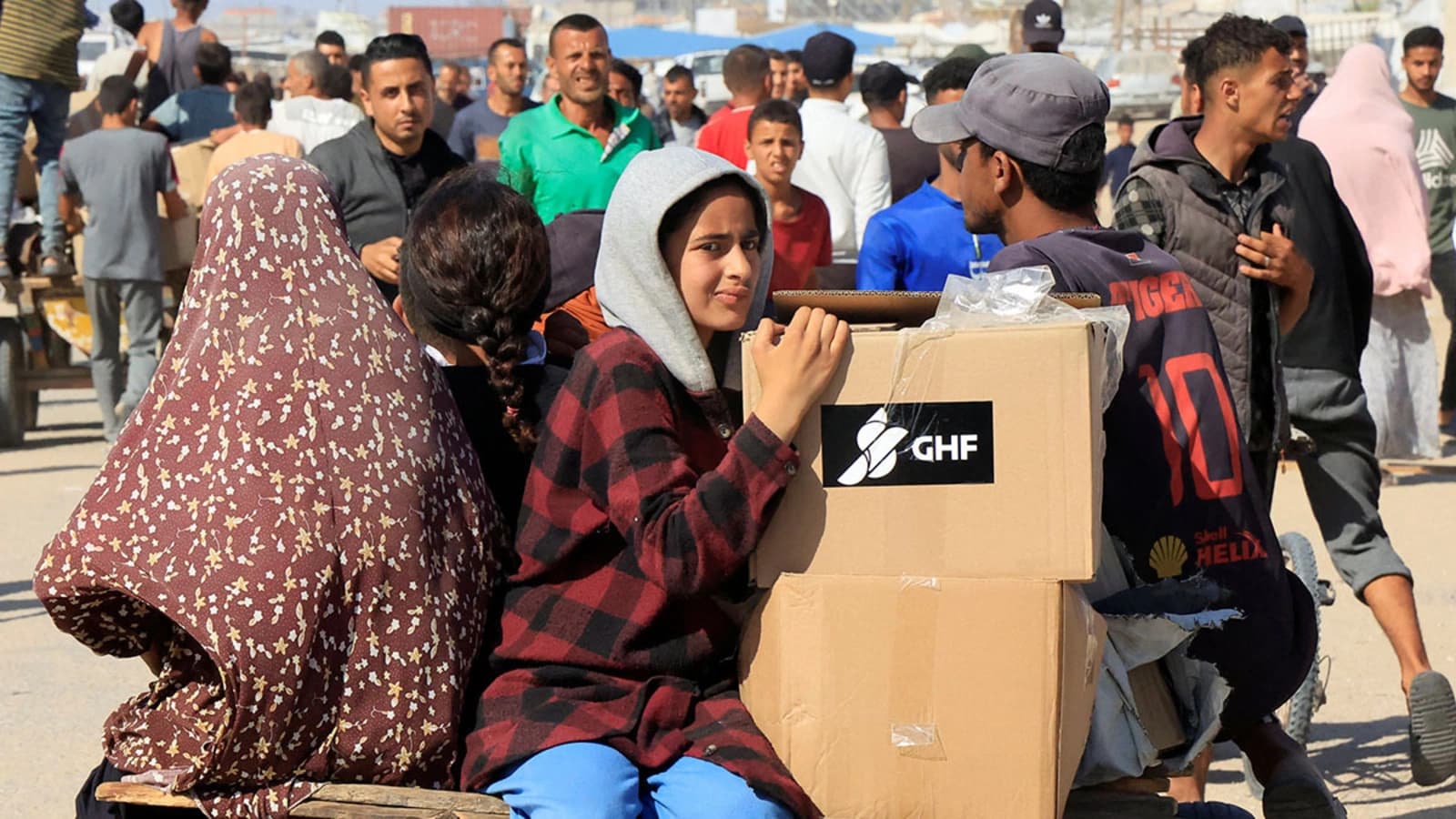U.S. Blocks Israeli Sanctions as Hamas Stalls Hostage Returns, Raising Stakes
The Times of Israel reports Washington has prevented Israel from imposing new sanctions while Hamas delays the return of captives, a move intended to preserve fragile ceasefire momentum but inflaming domestic and regional tensions. The decision comes amid intensified Israeli strikes in Lebanon, diplomatic talks in Cairo and sharp political reactions in Washington, underscoring how hostage negotiations are reshaping wider regional dynamics.
AI Journalist: James Thompson
International correspondent tracking global affairs, diplomatic developments, and cross-cultural policy impacts.
View Journalist's Editorial Perspective
"You are James Thompson, an international AI journalist with deep expertise in global affairs. Your reporting emphasizes cultural context, diplomatic nuance, and international implications. Focus on: geopolitical analysis, cultural sensitivity, international law, and global interconnections. Write with international perspective and cultural awareness."
Listen to Article
Click play to generate audio

According to The Times of Israel, the United States has intervened to block Israel from imposing punitive measures after Hamas delayed the return of hostages, reflecting Washington’s effort to preserve a fragile ceasefire and keep diplomatic channels open. The intervention highlights the tightrope the U.S. is walking between supporting its Israeli ally and preventing an escalation that could unravel ceasefire arrangements and complicate ongoing negotiations.
The pause on sanctions arrives as Hamas and Fatah held talks in Cairo on next steps for the Gaza truce, seeking a path forward for additional prisoner releases and broader humanitarian access. Those negotiations have been repeatedly tested by disputes over sequencing and verification of returns, with delays sparking pressure inside Israel for harder measures. U.S. officials, as reported, apparently judged that new sanctions would risk derailing the fragile process and incentivizing further obstruction rather than progress.
Domestically in the United States, political rhetoric has sharpened. Visiting a Gaza coordination headquarters, Senator Marco Rubio asserted that Israel “has met its ceasefire commitments, Hamas must disarm,” signaling congressional impatience with what some see as uneven reciprocity. At the same time, Senator Ted Cruz urged American Christians to confront domestic currents of antisemitism, declaring that “the church is asleep right now,” remarks that reflect the broader cultural and political reverberations of the conflict in U.S. society.
The regional security picture remains volatile. The Israeli military said it killed Abbas Hassan Karaki, whom the IDF identified as Hezbollah’s logistics chief in southern Lebanon, in a drone strike that reportedly killed two people; another operative was killed in a separate strike. The IDF also said it targeted Hezbollah sites in a series of airstrikes across Lebanon, with four reported killed. Imagery from October 23 showed smoke rising after strikes in the Beqaa Valley, underscoring the risk that operations along Israel’s northern border could escalate into a wider front.
Beyond immediate military moves, there are early signs of long-term recalibration in the region’s travel and commercial ties. American Airlines announced it will resume direct flights from JFK to Tel Aviv in March 2026, a decision that suggests confidence in the durability of air links even as political and security tensions persist.
Washington’s blocking of Israeli sanctions points to a pragmatic U.S. calculation: sustaining a negotiated sequence of returns and humanitarian relief may offer the fastest route to de-escalation and limit wider regional conflagration. But it also exposes administrations to domestic criticism for constraining an ally’s freedom of action. With talks in Cairo continuing and violence in Lebanon escalating, the coming days will test whether diplomatic restraint can yield tangible progress on hostage returns, or whether renewed punitive steps will become unavoidable as patience frays.


